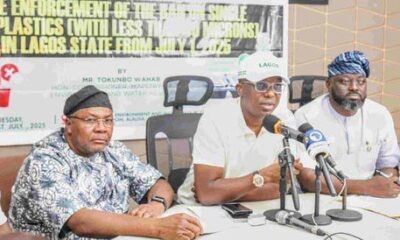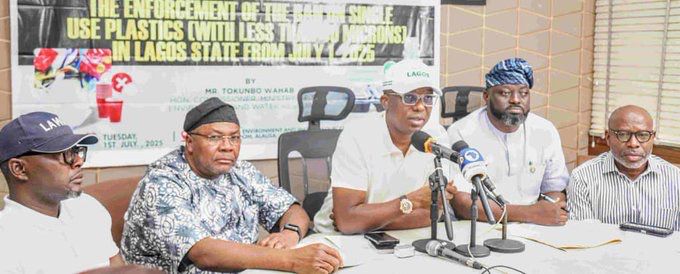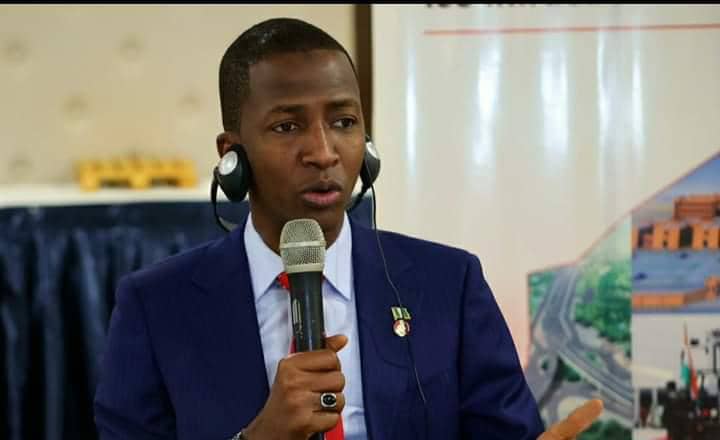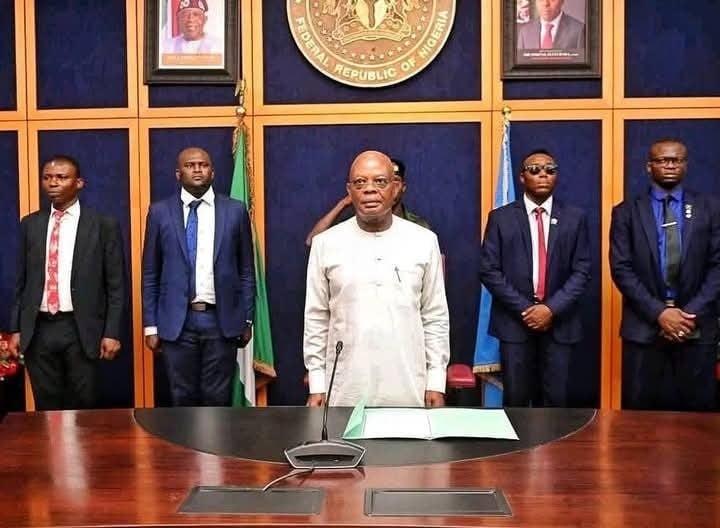The significant allocation of crude oil by the Nigerian National Petroleum Company Limited (NNPCL) to foreign creditors is affecting supply to local refiners, including Dangote Petroleum Refinery.
Sources familiar with the situation revealed that NNPCL has assigned large crude volumes to foreign creditors to settle debts, making it challenging to sustain the “naira-for-crude” agreement with Dangote Refinery.
However, multiple officials from the Federal Ministry of Finance and Federal Ministry of Petroleum Resources confirmed on Thursday that the Technical Sub-Committee on the “naira-for-crude” Policy is set to reconvene on Monday to discuss the issue.
The committee has directed the Nigerian Upstream Petroleum Regulatory Commission (NUPRC) to propose solutions for review as efforts continue to restore the “naira-for-crude” arrangement.
Marketers Seek Alternatives
Following the suspension of Dangote Refinery’s sale of petroleum products in naira, petroleum marketers are exploring alternative supply sources.
The refinery announced on Wednesday that it had temporarily stopped selling petroleum products in naira due to challenges in its negotiations with NNPCL.
An industry insider, speaking on condition of anonymity, clarified that the transaction is not permanently halted. The source noted that NNPCL is struggling with crude oil availability, stating:
“From all indications, the scheme won’t end. The sticking point is the issue of crude availability, with NNPC claiming it has pre-sold large volumes of crude.”
When asked about the panel’s next meeting, the source responded:
“The committee agreed to reconvene on Monday (next week) to review options that NUPRC has been mandated to come up with. The committee is trying to dimension solution options.”
Earlier reports had it that the panel met at the Ministry of Finance headquarters in Abuja to evaluate the situation and reaffirm commitment to the policy.
The meeting included Minister of Finance and Coordinating Minister of the Economy, Wale Edun (who joined virtually), Executive Chairman of the Federal Inland Revenue Service, Dr. Zacch Adedeji, Chief Financial Officer of NNPCL, and Executive Commissioner of the Nigerian Midstream and Downstream Petroleum Regulatory Authority (who also joined virtually).
Other attendees were the Special Adviser to the Minister, Nana Ibrahim, the Coordinator of NNPC Refineries, and representatives from NUPRC, Central Bank of Nigeria, Dangote Petroleum Refinery, and NNPC Trading Ltd.
The NNPC presented a crude delivery report detailing the volume allocated for domestic refining under the policy. However, the discussions did not result in crude supply transactions in naira, prompting Dangote Refinery to suspend naira-based petrol sales.
Market Response and Potential Price Hikes
Petroleum marketers indicated they are actively seeking alternatives if Dangote Refinery insists on selling in foreign currency.
Market stakeholders are preparing for possible “surprises” following the suspension of naira-based petrol sales, considering alternatives such as sourcing from NNPCL, other local refineries, and fuel importation.
On Wednesday, Dangote Refinery released an official statement:
“Dear valued customers, we wish to inform you that the Dangote Petroleum Refinery has temporarily halted the sale of petroleum products in naira. This decision is necessary to avoid a mismatch between our sales proceeds and our crude oil purchase obligations, which are currently denominated in US dollars.
“To date, our sales of petroleum products in naira have exceeded the value of naira-denominated crude we have received. As a result, we must temporarily adjust our sales currency to align with our crude procurement currency.”
Immediately after the announcement, petrol loading costs at private depots in Lagos surged to about N900/litre, up from under N850/litre before the decision.
Speaking on Thursday, Billy Gillis-Harry, National President of the Petroleum Products Retail Outlet Owners Association of Nigeria (PETROAN), stated that the market is bracing for potential changes:
“The market is making preparations for any surprises. So, if there are surprises, we’ll have alternatives to go to.”
He expressed optimism that the Federal Government and Dangote Refinery would resolve the issue soon to prevent a return to fuel scarcity:
“We do hope that all of this will be resolved in no distant time and we should get back to normal.
“We’re already enjoying the availability of petroleum products. So we must have all that put into consideration.”
On the possibility of fuel prices being set in dollars, Gillis-Harry commented:
“The surprises are that we may be told to start buying products at dollar-denominated rates. We may be told to do a direct conversion, but Dangote did not tell us how business will go forward. All that they said is just a suspension. So, we hope that they will change their focus and we’ll see how it works.”
Discussing supply alternatives, Gillis-Harry emphasized the need for diversification in the downstream sector:
“We will make sure that we have different sources of petroleum products. So, if one source is creating difficulty, then we have to look at other sources.
“One of the alternatives is the NNPC. We have also talked about some of the other refineries that are upgrading to 25,000 metric tonnes per day like the Azikel refinery in Bayelsa. And then, importation is also going to be in the mix.
“So we’ll then look at what is best suited in the market and what can make sure that we have a price that is affordable.”
Rising Fuel Costs and Government Intervention
When asked about the increasing petrol prices, Gillis-Harry assured that PETROAN would resist any exploitative price hikes:
“PETROAN will resist anything that is going to be giving us challenges. Nobody should take advantage of situations negatively. So, we will explore all possibilities and get the best for all.”
Meanwhile, NNPCL, responsible for supplying crude to Dangote Refinery, has neither confirmed nor denied claims that the refinery has been buying crude in dollars.
Olufemi Soneye, NNPC Spokesman, reaffirmed the company’s commitment to supplying crude based on agreed terms:
“As I have repeatedly stated, NNPC remains committed to supplying crude for local refining based on mutually agreed terms and conditions. Additionally, the NUPRC has disclosed that all local refining companies collectively produce less than 50 per cent of our national consumption. You can do the Maths.”
Hammed Fashola, Vice President of the Independent Petroleum Marketers Association of Nigeria (IPMAN), urged the government to continue the “naira-for-crude” policy to stabilize fuel prices:
“I would like to advise the FG to look into the agreement with Dangote again to maintain the tempo of the prices of petroleum products. The masses today are happy with the drop in petrol prices. But just a few hours later, the private depot owners started reacting to the Dangote press release by reviewing their prices upward.
“On Tuesday we closed with N825 to N826, but on Wednesday afternoon, prices started increasing again to N835 to N836 per litre. I will appeal to the FG to continue supplying crude to Dangote and other local refiners to maintain stability in the sector.”
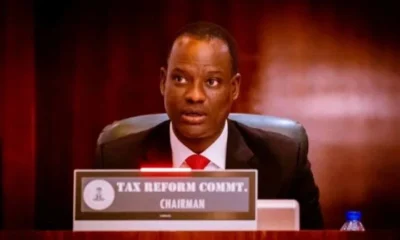
 BIG STORY5 days ago
BIG STORY5 days ago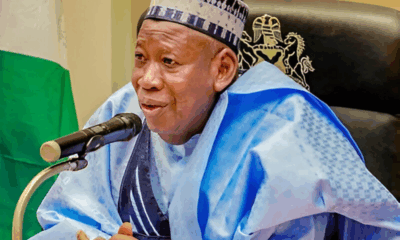
 BIG STORY4 days ago
BIG STORY4 days ago
 BIG STORY18 hours ago
BIG STORY18 hours ago
 BIG STORY5 days ago
BIG STORY5 days ago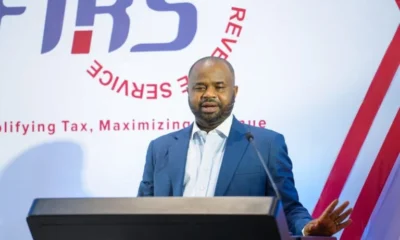
 BIG STORY5 days ago
BIG STORY5 days ago
 BIG STORY5 days ago
BIG STORY5 days ago
 BIG STORY15 hours ago
BIG STORY15 hours ago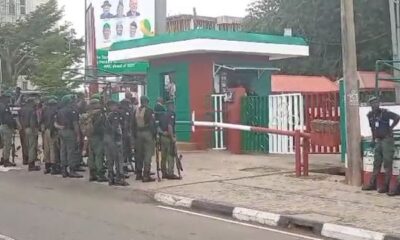
 BIG STORY2 days ago
BIG STORY2 days ago







